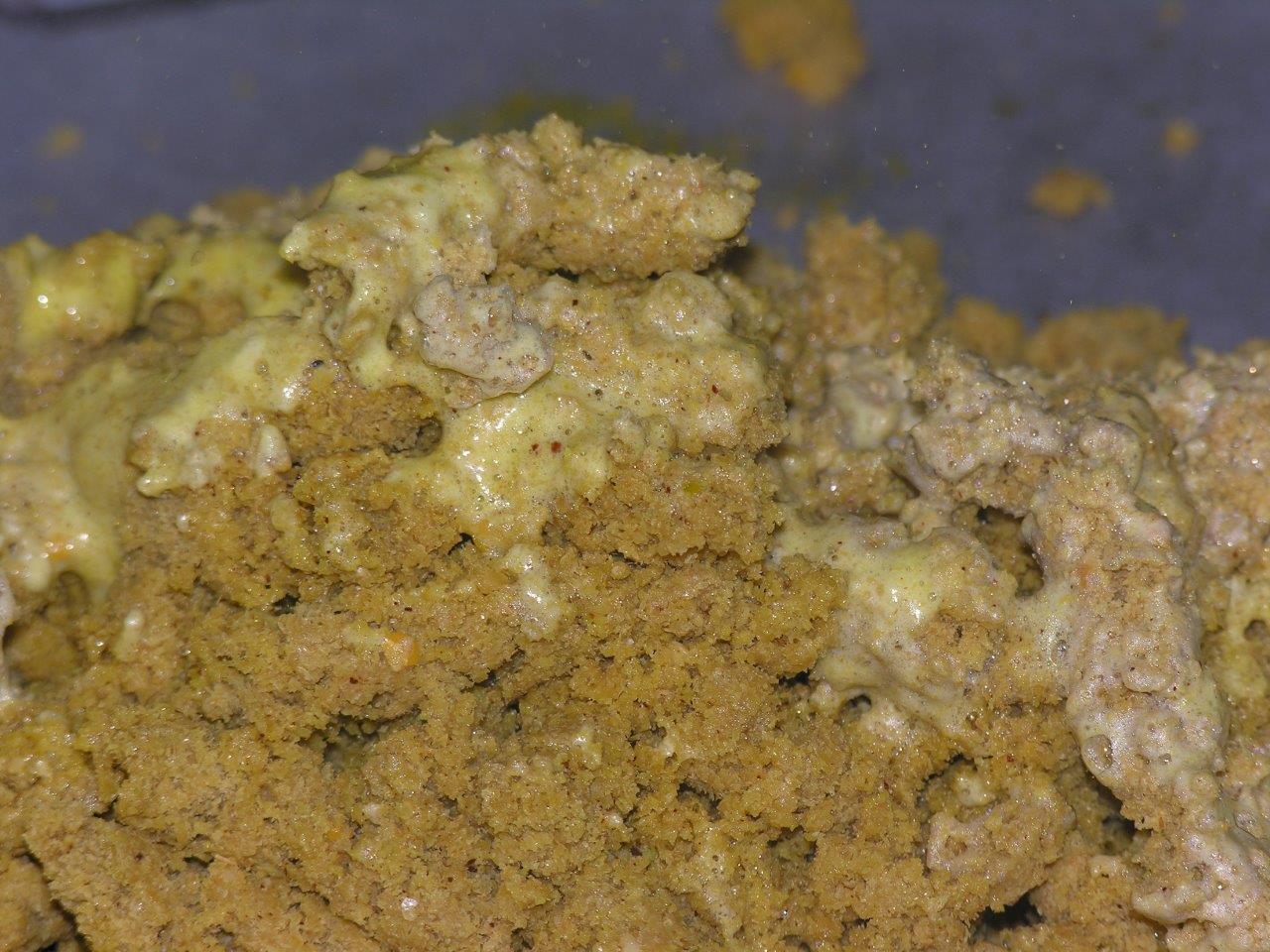
As part of its continued virtual support to customers during the COVID-19 pandemic, USSEC organized a two-day digital webinar on May 14 and 15, “Maghreb 1st Round Table for the Compound Ruminant Feed Industry.” The first-of-its-kind event held in Morocco demonstrated how USSEC maintains ties with customers, quickly adapting to new situations in unprecedented times. The event assisted selected industry professionals aiming to improve their knowledge of current issues and the best use of soybean products including full fat soybeans, soybean meal, hulls, and oil, among others, along with quality and nutritive value in different ruminant compound feed.
USSEC Regional Director Europe & Middle East/North Africa Brent Babb highlighted the importance of North Africa markets for U.S. soy business and the growth and development seen in their respective feed markets, concluding his opening remarks by stating that “U.S. Soy is open for business.”
Kansas State professor Michael Brouk, Extension Specialist at the Department of Animal Sciences and Industry, highlighted feed processing, feed shrink, and beef/dairy cattle production management as a means to improve animal performance in his presentations.
USSEC consultant Juan Acedo-Rico González said that the target of encouraging soy products in ruminant feed was fully achieved. “U.S. soybean meal is well known and appreciated by its consistent quality over other origins, as he personally recognized during previous assistance to poultry feed manufacturers and integrators last January in Morocco. Similar observation will come from ruminant feed producers. Soybean meal, full fat soybeans, and soy hulls can easily be managed at feed mills, in total mixed rations (TMR) feed centers, and on farms.
Dr. Francisco Javier Cortés appreciated the format of this first USSEC virtual event in this market, which provided an interactive way to share experiences to further learn the advantages and use of soy products in ruminant feed. Inclusion rates of various soy products in ruminant feed of different species, both in mash and pelleted forms were presented.
Attendees of the online conference appreciated the content and takeaways. High quality ingredients and efficiently processed ruminant feed concentrates sustain higher productions.
Khalid Benabdeljelil, Country Representative - Middle East/North Africa, Morocco reminded participants of U.S. soy products’ availability and supplies at competitive prices. 60% of the U.S. soybean crop is exported, relying on strong partnerships with customers, part of the U.S. Soy Advantage.
Such activities allow industry and extension USSEC experts to share their respective experience with professionals. Continued networking with customers in new ways remains the key to mutual success.



